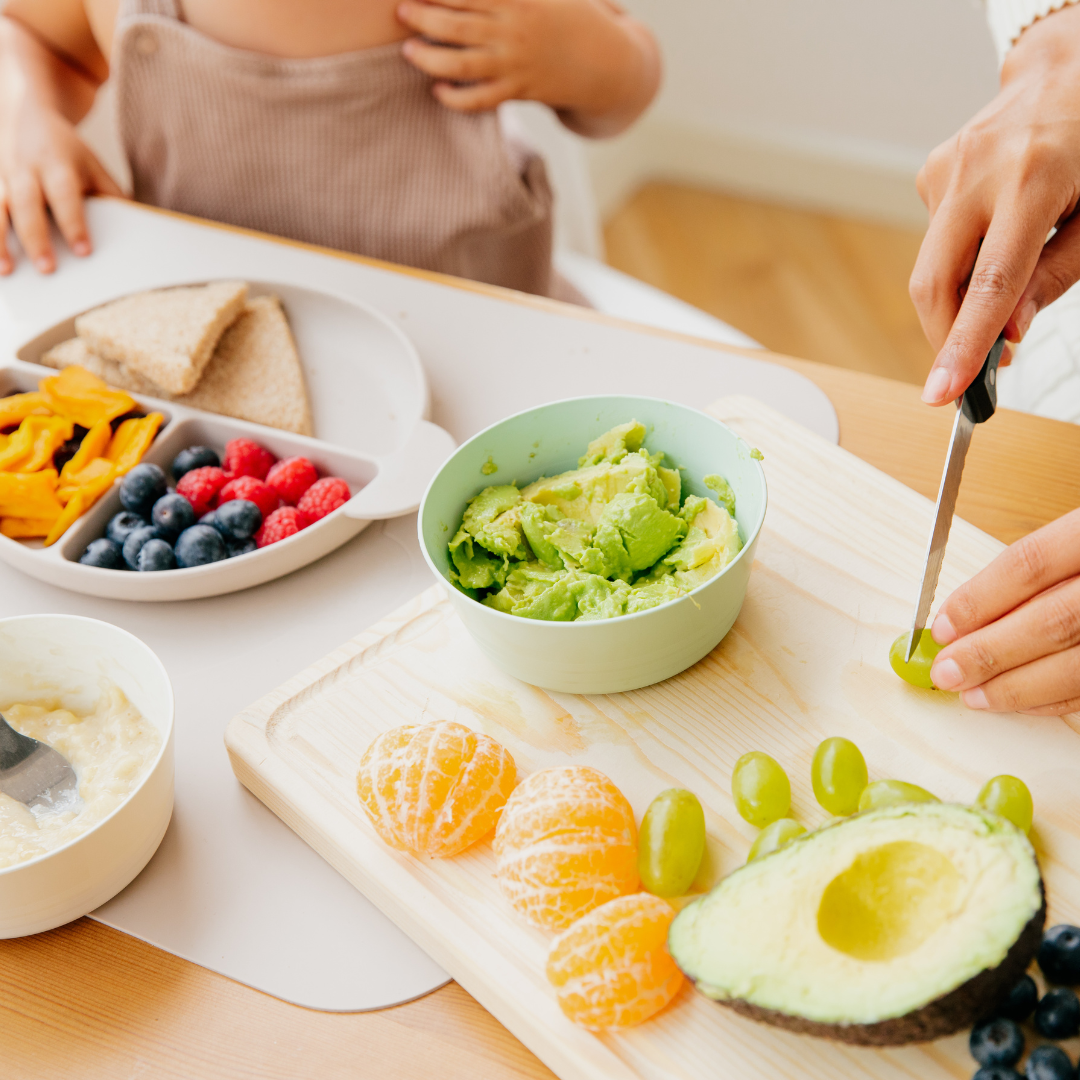Understanding Choking Hazards and Preventive Measures
As parents or caregivers, the safety of our children is our utmost priority. One of the most common harmful scenarios children encounter involves choking hazards during mealtimes. It can be frightening, but understanding these hazards and how to prevent them can be life-saving. #ChokingPrevention #LittleKooma
Dangerous Foods: Be Wary of Whole Grapes and Nuts
Our feeding choices play a critical role in preventing choking incidents. An understanding of what foods pose the most risk is essential. Whole grapes and nuts are among the most dangerous foods for young children. Their size and shape perfectly match that of a youngster's small windpipe, making them serious choking hazards.
The Risk Posed by Whole Grapes
It's often surprising for many parents to learn that grapes—a popular and seemingly harmless fruit—can pose such a risk. However, the size, shape, and smooth exterior of a grape make it easy for it to accidentally slip down a child’s windpipe. This ultimately blocks their airway and causes choking.
Nuts: Snack with Caution
Similarly, nuts pose a similar risk due to their hard, typically small size. Children often lack the molar teeth necessary to grind down hard foods, making nuts a potentially fatal choking hazard.
Preventive Measures: Small Pieces are Safe Pieces
Now that we know the risk these foods pose, the next crucial step involves implementing preventive measures. The most straightforward and effective method involves cutting foods, such as grapes and other round fruits, into small, manageable pieces.
Proper Way to Cut Grapes
When it comes to grapes, it's important to slice each grape lengthwise into quarters. By cutting the grapes this way, we greatly reduce the risk of choking. Also, the smaller pieces are easier for children to handle and eat.
Nuts: To Include or Exclude?
Until children have developed the necessary teeth and motor skills to safely chew and swallow, it's advisable to avoid providing nuts as a snack. Alternatively, consider using ground nuts or nut butters, which can offer the benefits of nuts without the choking hazard.
Supervision: Your Presence is Crucial
This factor is often overlooked but indispensable: Always supervise mealtime. Constant observation allows parents or caregivers to intervene at the earliest sign of a child choking. As much as possible, make sure that children sit down while they eat, as running or walking while eating increases the risk of choking.
- Be prepared for mealtime: Avoid rush hour or distractions during your child's mealtime. Make sure you’re free to focus your attention on them to ensure their safety.
- Engage with them: Supervision doesn't mean just watching them. Engage in conversation—this helps them eat slower and break their food down more.
- Teach safe eating habits: Encourage your child to chew food properly before swallowing. This reduces the chance of bigger chunks going down the wrong way.
Be Ready: Know the Life-saving Heimlich Maneuver
While we do our utmost to prevent such incidents, it's equally important to know what to do in the unfortunate incident of a child choking. Learning how to perform the Heimlich maneuver on children can potentially save a life.
Preventing choking hazards in children at mealtime is always a top priority. By being watchful, having safer snack alternatives, and instilling proper eating habits, we can keep mealtime a fun and risk-free experience for our little ones. Remember, keeping our children safe is, without a doubt, a responsibility we all share. #ChokingPrevention #LittleKooma



















